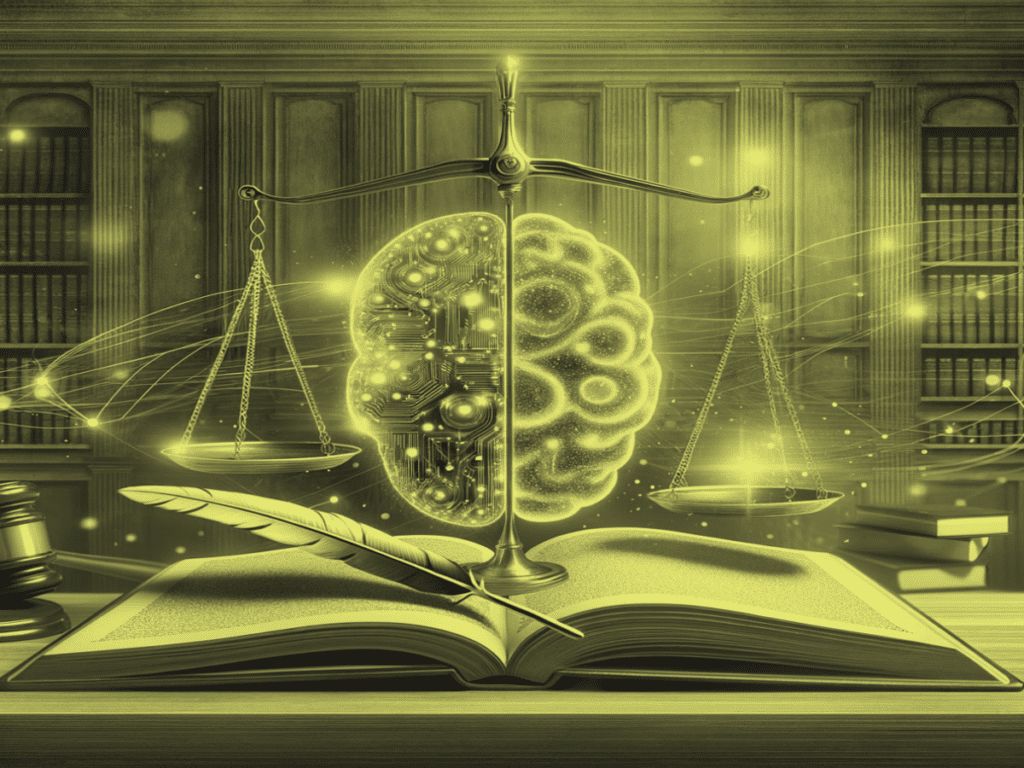Top 5 Things You Should Know About AI and Owning Your Work
The rise of Generative AI Marketing (artificial intelligence that creates new content) presents exciting opportunities for creative marketing but also raises crucial legal questions about intellectual property (IP) ownership. For leaders in the industry, understanding how to navigate this new territory is essential. Here are the top 5 things you need to know:
1. AI Copyright Basics
- Copyright 101: Copyright protects original creative expressions like text, images, music, and code. It arises automatically upon creation, but registration strengthens your legal position.
- The AI Copyright Conundrum: Currently, The US Copyright Office doesn’t grant copyright protection to works solely created by AI. This legal gray area might shift as court cases test this interpretation.
2. Proving Authorship
- Who’s the Real Creator? When AI assists in creation, the Copyright Office examines documentation (like user prompts and code) to determine the human’s creative contribution—the more significant the human input, the stronger the copyright claim.
3. Training AI: Copyright Friend or Foe?
- Feeding the Machine: Training AI models often involves copyrighted material like text, images, brand guidelines, and sensitive proprietary material depending on the intended output. Copyright law’s “fair use” doctrine might permit this, but the boundaries are unclear. The New York Times’ lawsuit against OpenAI and Microsoft for using their content to train AI models highlights this ongoing legal battle. (It’s important to consider that by training AI to create output for your brand or company, you could inadvertently be giving away trade secrets to your competitors)
4. Liability for AI-Generated Infringement
- User, Not Machine, is Liable: If AI-generated content infringes on copyright, the publisher of that content (the user) is directly liable. While companies like OpenAI may not be directly liable, they could face indirect liability for user infringement.
5. Taking Control: Strategies for Responsible AI Use
- Knowledge is Power: Train your team on copyright basics and potential pitfalls of AI-generated content. Everyone benefits.
- Clarity is Kindness: Develop clear terms of use outlining user responsibility for ensuring non-infringing content creation with your AI tools. Spread this far and wide.
- Registration is Protection: While copyright kicks in automatically, register your AI-assisted work for stronger legal protection.
Remember: The legal landscape surrounding AI and copyright is like a chameleon, constantly changing. But knowing is half the battle. Stay informed and consult an IP attorney for specific legal advice on your AI-powered creative endeavors. Godspeed!
——–
Sources:
Law Proferssor, Christa Laser’s panel with the Marketing AI Institute at the AI for Writers Virtual Summit.





